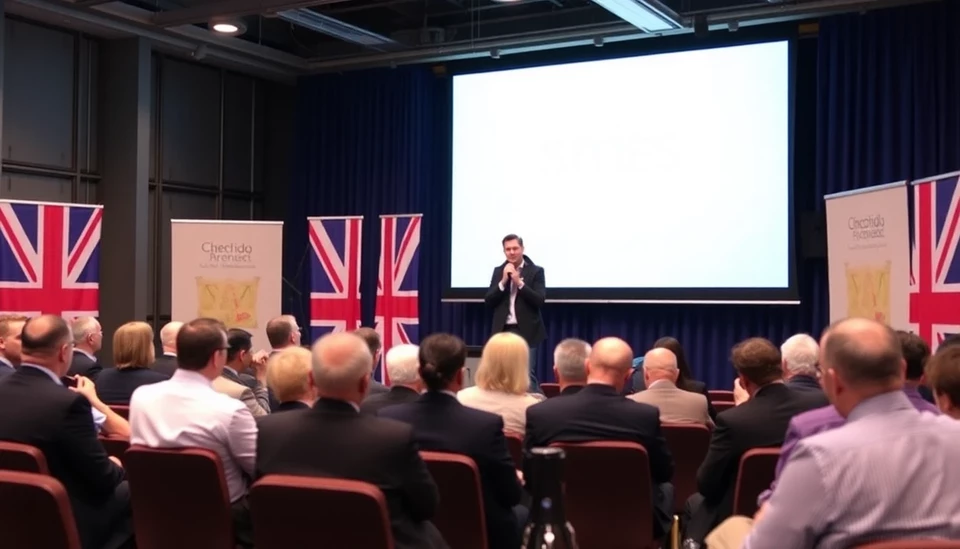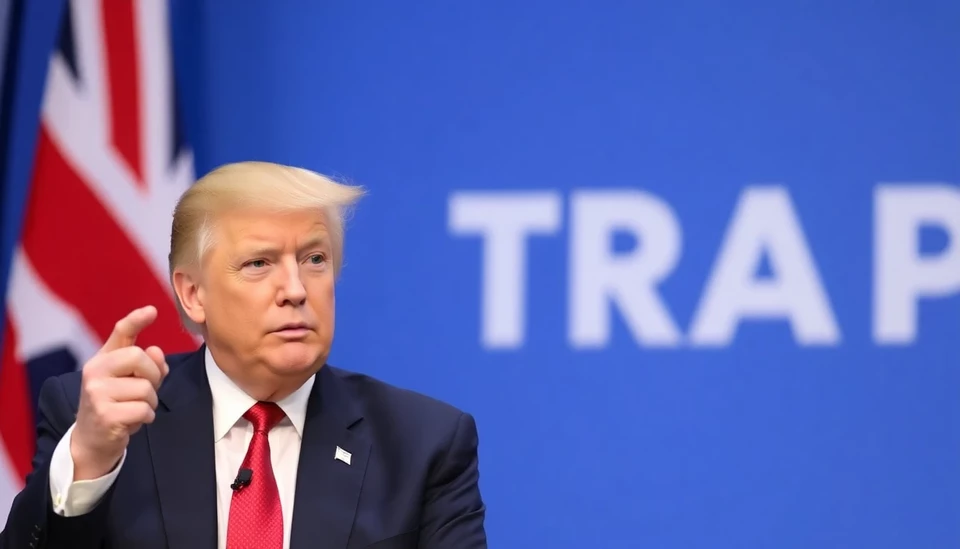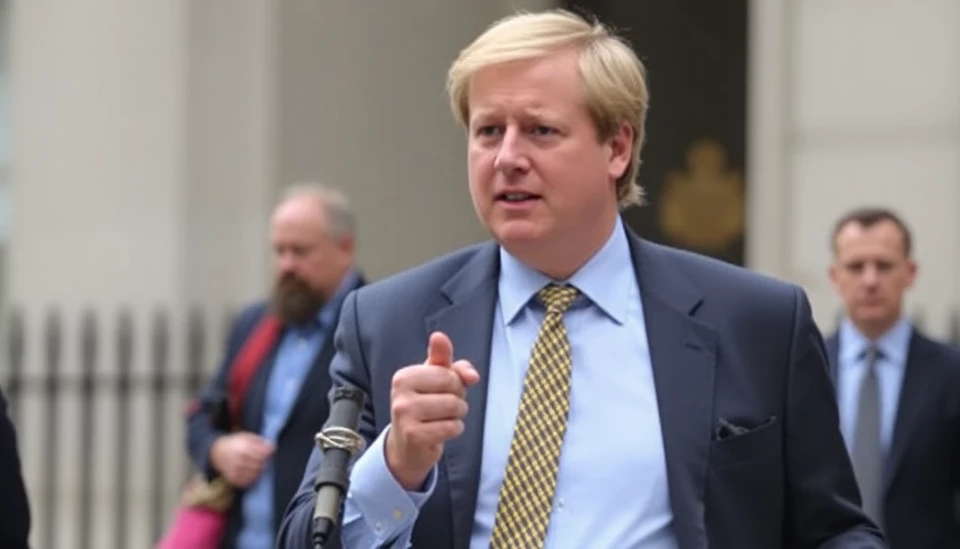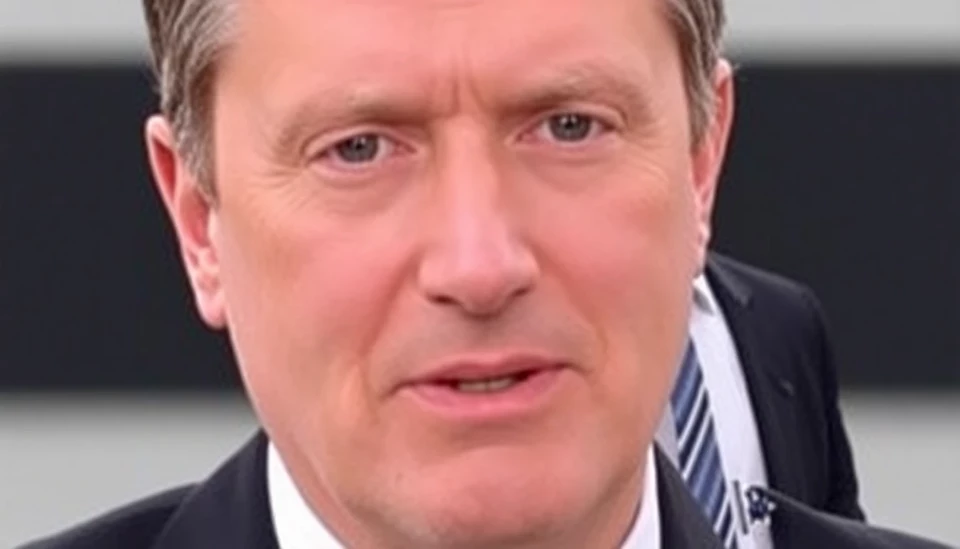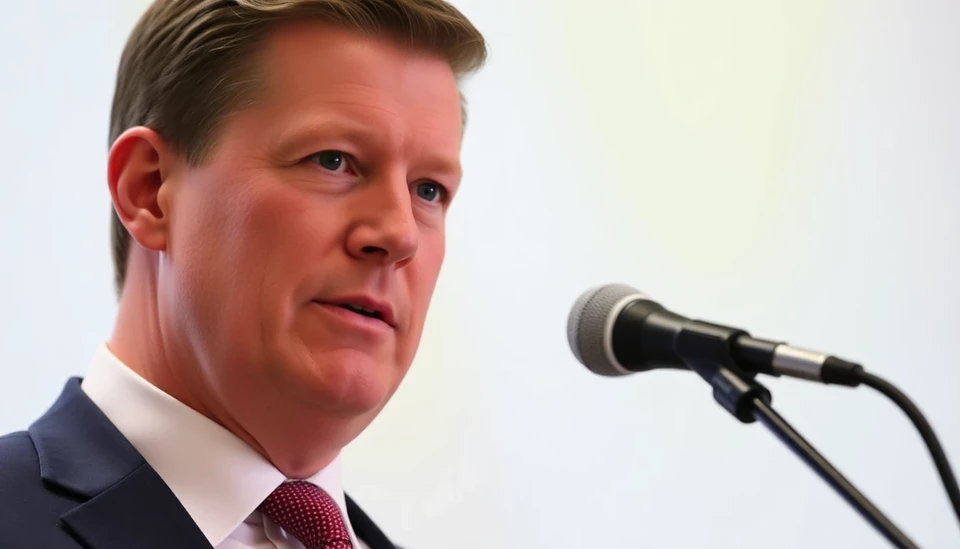
Keir Starmer, the leader of the UK Labour Party, is encountering significant challenges as he navigates the complex terrain of free trade in light of former US President Donald Trump's renewed enthusiasm for tariffs. As the political landscape shifts, particularly with Trump's potential return to the presidential race in 2024, Starmer's commitment to free trade is being put to the test.
Starmer has consistently advocated for a pro-trade agenda, emphasizing the importance of international trade agreements in promoting economic growth and job creation within the UK. His vision aligns with the interests of many businesses, particularly in the manufacturing and service sectors, which rely heavily on exports and the ability to trade freely with international partners.
However, Trump's recent statements have revived fears among UK trade officials and business leaders that a shift towards protectionism could jeopardize the UK’s trade prospects. Trump's administration was known for its aggressive tariff policies, particularly aimed at China and the European Union. This return to a tariff-heavy strategy raises concerns about potential retaliation and the ripple effects on global trade.
In his recent speeches, Trump has emphasized “America First” policies that prioritize domestic industries and challenge foreign imports, rhetoric that has garnered attention and support among his base. This positions Starmer in a precarious situation; he must defend free trade while responding to an emerging political narrative that favors protectionism and domestic prioritization.
Starmer's task is made even more complex by the shifting views within the Labour Party itself, where some factions advocate for a more cautious approach to trade that considers the implications for local employment and industry. This internal debate reflects broader concerns about globalization, with some members arguing for safeguards to protect vulnerable sectors from the impacts of imported competition.
Moreover, as the UK continues to redefine its international trade relationships following Brexit, Starmer’s ability to secure favorable trade agreements will be essential. The Labour leader’s challenge is to balance these aspirations with the realities of a changing political world, where populist sentiments are rising and traditional free trade doctrines are under scrutiny.
Starmer has taken steps to articulate a nuanced position, focusing on securing equitable trade agreements that benefit workers and uphold standards, particularly in terms of environmental sustainability and labor rights. His strategy includes engaging with international partners to emphasize the shared benefits of trade, countering the notion that free trade compromises domestic industries.
As the 2024 US elections approach, Starmer's approach to trade will be closely scrutinized. Analysts suggest that the ability to position the UK as a resilient player in global markets while navigating the complexities of US trade policies could significantly affect Labour's prospects in the next general election. Ultimately, Starmer's resilience in promoting a pro-trade agenda in the face of rising protectionist sentiments will be pivotal to his leadership.
With tensions rising in international trade dynamics, the upcoming months will be vital for Starmer as he seeks to maintain his stance on free trade while addressing the challenges posed by Trump's tariff policies and the shifting sentiments within his own party.
#KeirStarmer #TradePolicy #DonaldTrump #FreeTrade #LabourParty #Protectionism #GlobalEconomy
Author: Rachel Greene
